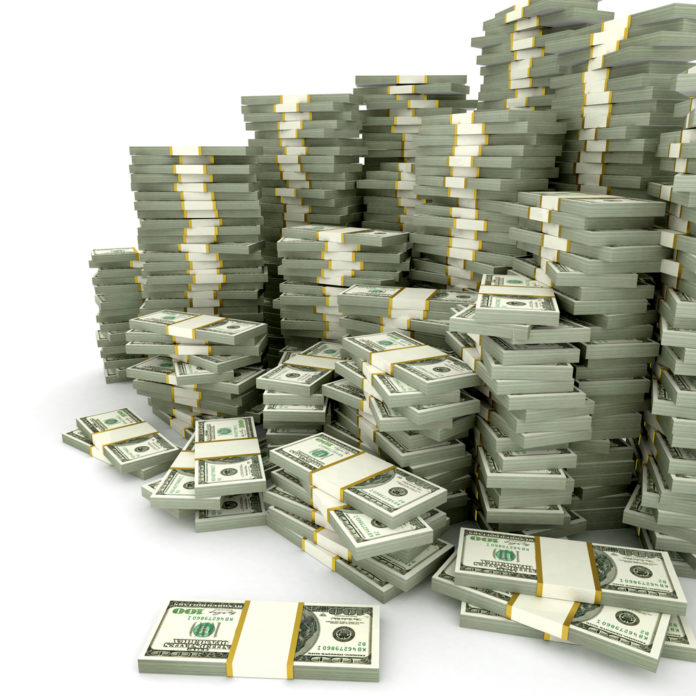What is a Money Market Account?
A money market account works a lot like a traditional savings account, with a few restrictions. Banks and Credit Unions offer these accounts to give themselves more freedom to use your money in exchange for a higher interest rate. So while a typical savings account will get less than 1% interest these days, a money market account can gain more than 1%, making it a great place to park your money in the short term.
Restrictions on Money Market Accounts
Money Markets have a few restrictions you may not generally find in a savings account. The first is a minimum balance. These vary from institution to institution but can range from as low as $1,000 to as high as $25,000 or more. If you do not meet your minimum balance obligation, you will be charged a fee. Also, since money markets are considered savings accounts rather than transaction accounts, they must comply with regulations limiting the number of withdrawal transaction to third parties. This is a monthly limit, and is designed to prevent you from using the money market account for daily transactions.
Benefits of a Money Market Account
- Money markets are FDIC insured, protecting the money in the account up to $250,000.
- They allow you to write checks on the account, although this is limited to around three per month.
- In exchange for limiting access to your own money, banks will give you a higher interest rate.
Downsides of a Money Market Account
- Liquidity of your money is less than it would be with a traditional savings account (although it is more liquid than it would be with a Certificate of Deposit).
- Transactions are limited to six or less per month.
- Minimum balances can be high, making money markets less than ideal for paying daily expenses.













